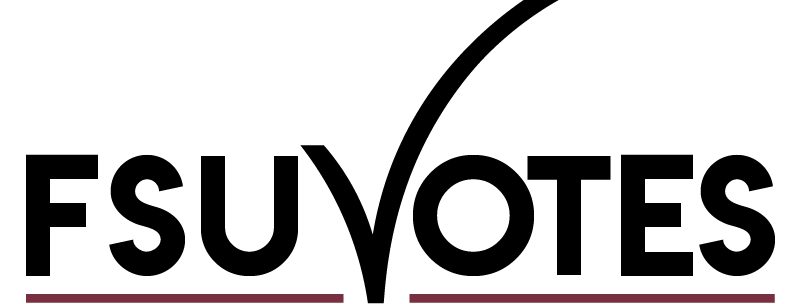As employees of the university, it can be difficult to know how to support and engage the many attitudes, feelings, frustrations, and anxiety students are holding around the election. We all play a role to ensure our campus community stays healthy, safe, and willing to engage in these conversations no matter the outcome.
With Election Day quickly approaching, it is important to equip ourselves with the resources and skills need to support our students, our colleagues, and ourselves. The resources and recommendations below are here to aid you in your response to the election.
Provide support and space for students to process.
- Consider postponing any big programs, projects, exams, papers, etc. Be flexible with students who request extensions or accommodations in the days following the election.
- Provide a safe space for students to process their current feelings around the election. Invite them to share, but don’t require it.
- Re-familiarize yourself with the nature of Free Speech protections.
- Freedom of Expression at FSU
- Ensure students have a space to safely process their feelings with you if they so choose
- Fill the gaps of your own knowledge
- Invite representatives from the Counseling Center or other partners to provide facilitation, if possible.
- Help students think about constructive actions they can take moving forward.
Don’t shy away from difficult conversations.
- It might seem scary to actively discuss the election with students but to ignore the tension can be even worse.
- When you are ready to put these conversations into action, you can check out these resources for templates, guides, and step-by-step how-tos:
Encourage students to track their ballot so they can have confidence that it was counted.
Leon County: https://www.leonvotes.gov/YourVoterinfo
Florida: https://registration.elections.myflorida.com/en/CheckVoterStatus
Know when to direct students to additional support.
- Some students will struggle to accept the ambiguity or delay of election results. Some students may also feel as though their identities or values were invalidated by the outcome. Talking through these feelings can help.
- If students become overly emotional, uncharacteristically withdrawn, or exhibit behaviors of concerns, do not hesitate to recommend the University Counseling Center. The UCC is expanding services to accommodate an anticipated increase in need following the election.
- 850-644-TALK
- University Counseling Center
Elevate only credible sources of information.
- Florida Election Watch (Live results from the Florida Division of Elections, including frequently asked questions and explanations for the timeline of official election results certification): https://floridaelectionwatch.gov
- Often, it can be difficult to know how to spot when sources are not credible. CEEP has a quick guide on how to synthesize our sources.
- Many of us think news is inherently unbiased, but as we realize more and more, this just isn’t the case. If you want to be as informed as possible, you need to know what all sides are saying.
Be prepared to explain the legalities and complexities of a contested election and the democratic process that students will likely see unfold.
- Democracy for President: data-driven and unbiased information on some of the most pressing questions around the electoral process
- What’s the Delay?: an in-depth look at what might cause a delayed decision on this year’s election
- Election Taskforce: a specific resource outlining exactly how the electoral college works
Create space and time for your own processing that includes dialogue, personal reflection, and all forms of expression.
- In addition to providing space for students to process, we also have to take the time and reprieve for ourselves to process. We help our students best when we are at our best.
- Don’t be afraid to acknowledge your discomfort with where things stand or questions that you have.
- Remember that the Employee Assistance Program provides free support services to faculty and staff.
- Help students who want to process through dialogue by having conversations or helping point them to conversations they can have with their peers.
- Remind students who are in an activism space about the specific behaviors and nature of speech that is protected and the limitations of Free Speech based on time, place, and manner.


